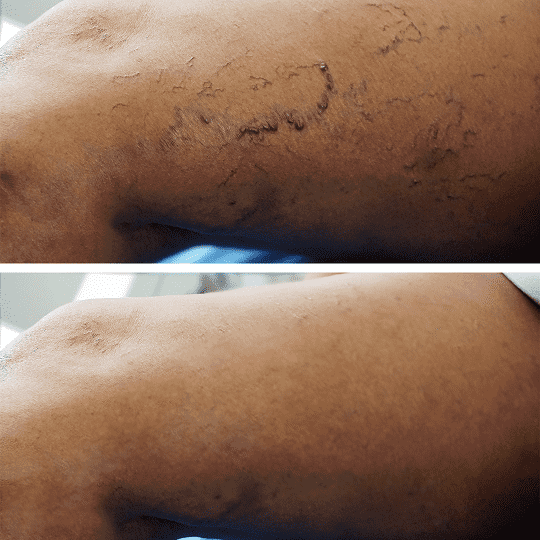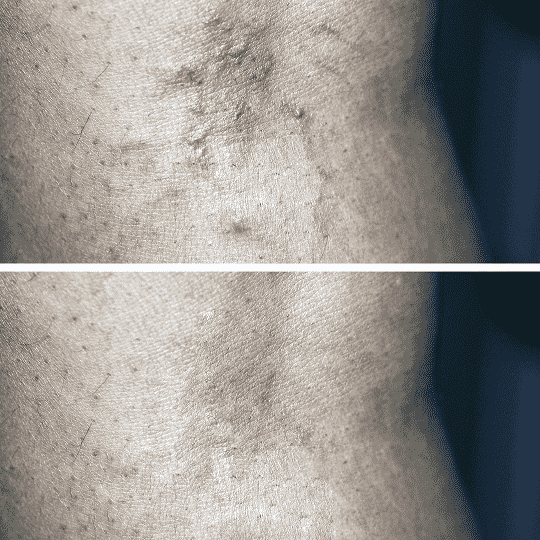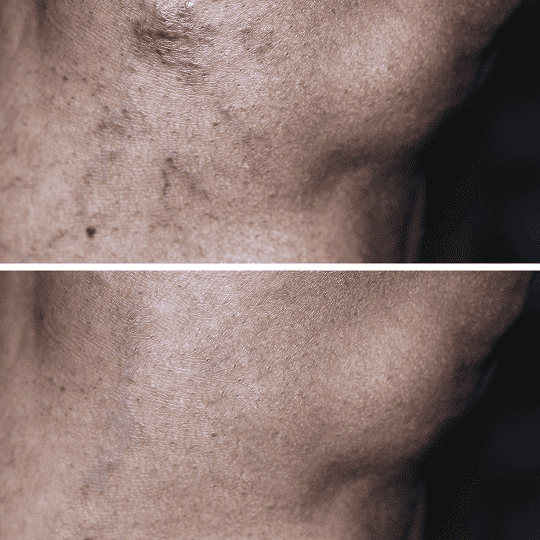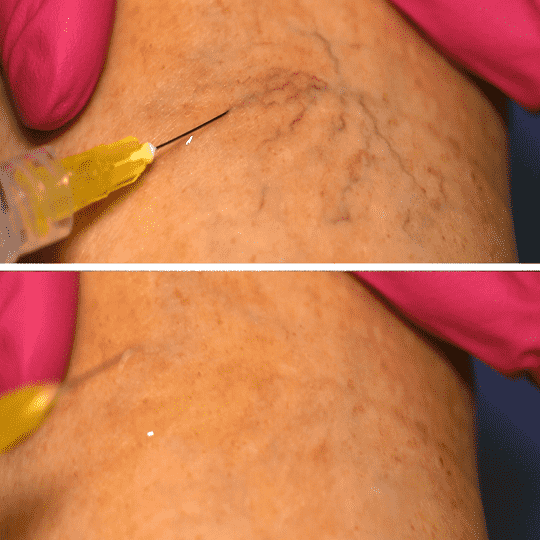Referring a patient?
Are you an affiliate practice or doctor referring a patient? Contact us here
Come to get proactive about your health, stay for the expert care
ONLY THE BEST
We are a team of
Top Specialists
with Ivy-League Leadership
When it comes to your health your care
is our top priority.
We are one of NYC’s and New Jersey’s top experts in vein disease and pain management. We specialize in varicose vein treatments and spider vein treatments, quickly helping your legs feel and look better faster.
Our doctors are pain, vein and vascular experts, but they are also deeply caring and compassionate individuals who are committed to helping you feel better. Our Ivy League- trained medical directors hire based on exacting standards of technical skill and compassion and equip all our facilities with top-notch equipment, ensuring that our patients experience the best care available.
Our multi-speciality clinic has great outcomes for treating patients with knee pain, low back pain, neck pain and various types of arthritis and joint pain. We help patients avoid surgery.


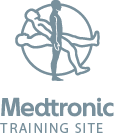
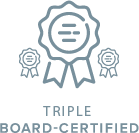

ONLY THE BEST
We are a team of
Ivy League
specialists
When it comes to your health your care
is our top priority..
We are the NYC’s and New Jersey’s top experts in vein disease and pain management. We specialize in varicose vein treatments and spider vein treatments, quickly helping your legs feeling better faster or looking great.
Our multi-speciality clinic has great outcomes for treating patients with knee pain, low back pain, neck pain and various types of arthritis and joint pain. We help patients avoid surgery.




Patient Outcomes
Before&After
Personalized
Treatments
Our team of doctors are experts in getting the best results for your legs. We can evaluate your concerns and make a custom plan to treat your varicose and spider veins today.
Michelle
 VIP Centers did
VIP Centers did
what I never
thought would
be possible. 
Professional golfer and U.S LPGA Champion, Michelle Wie, came to VIP Centers to find the best way to get her playing golf pain free and back into competition, here’s her story.

Consistently rated 5 stars by our patients
I’ve been coming to this office for a few months now to be treated for knee pain. The improvements were great. I went from taking painkillers every day to none. I’m incredibly grateful for your help.
 Alicia P.
Alicia P.
Patient
I was having extreme pain, legs were feeling fatigued and numbed. No other doctor was able to figure out what was wrong. They took away the pain from my legs and I didn’t feel a thing during treatment.
 Richard S.
Richard S.
Patient
As Featured On
Manhattan, New York
290 Madison Avenue Suite 201 New York, New York 10017
View on Google maps Call (646) 933-3171-
Appointments
- Mon-Fri 9am - 7pm
- Sat 9am - 3pm
-
Services
Hartsdale, NY
280 North Central Avenue, Suite - 450, Hartsdale, NY 10530
View on Google maps Call (914) 730-5356-
Appointments
- Mon - Fri: 9am – 7pm
-
Services
Westchester, NY
280 North Central Avenue, Suite - 450, Westchester, NY 10530
View on Google maps Call (914) 730-5356-
Appointments
- Mon - Fri: 9am – 7pm
-
Services
Financial District, NY
156 William St, Suite 302, New York, NY 10038
View on Google maps Call (516) 774-4448-
Appointments
- Mon-Fri 9am - 7pm
-
Services
Brooklyn, NY
188 Montague St 10th floor, Brooklyn, NY 11201
View on Google maps Call (646) 681-5360-
Appointments
- Mon - Fri: 9am – 7pm
-
Services
Forest Hills, NY
107-30 71st Rd, Queens, NY 11375
View on Google maps Call (646) 681-5360-
Appointments
- Mon - Fri: 9am – 7pm
-
Services
Jericho, Long Island
350 Jericho Turnpike, # 1A, Jericho, NY 11753
View on Google maps Call (631) 919-4978-
Appointments
- Mon - Fri: 9am – 7pm
-
Services
West Islip, Long Island
500 Montauk Highway, Suite G West Islip, New York, 11795
View on Google maps Call (631) 502-7911-
Appointments
- Mon-Fri 9am - 7pm
-
Services
Port Jefferson, Long Island
70 North Country Rd, Suite - 201, Port Jefferson NY, 11777
View on Google maps Call (631) 502-7911-
Appointments
- Mon-Fri 9am – 7pm
-
Services
Hamptons, Long Island
Hampton Bays 225 W Montauk Highway Suite 3
View on Google maps Call (631) 502-7911-
Appointments
- Mon-Fri 9am – 7pm
-
Services
Woodland Park, NJ
1167 McBride Avenue, Suite 2, Woodland Park
View on Google maps Call (973) 310-5854-
Appointments
- Mon-Fri 9am – 7pm
-
Services
Woodland Park, NJ
1167 McBride Avenue, Suite 2, Woodland Park
View on Google maps Call (973) 310-5854-
Appointments
- Mon-Fri 9am – 7pm
-
Services
Woodbridge, NJ
517 US-1, Suite 1100, Iselin, NJ 08830
View on Google maps Call (844) 224-8226-
Appointments
- Mon-Fri 9am – 7pm
-
Services
West Orange, NJ
405 Northfield Ave #204, West Orange, NJ 07052
View on Google maps Call (973) 791-6163-
Appointments
- Mon-Fri 9am – 7pm
-
Services
Scotch Plains, NJ
2253 South Ave, #2, Scotch Plains NJ 07076
View on Google maps Call (844) 224-8226-
Appointments
- Mon-Fri 9am – 7pm
-
Services
Paramus, NJ
140 NJ-17 #269 Paramus, New Jersey 07652
View on Google maps Call (973) 798-9775-
Appointments
- Mon-Fri 9am – 7pm
-
Services
Clifton, NJ
1117 Route 46, #205 Clifton, New Jersey 07013
View on Google maps Call (973) 447-1055-
Appointments
- Mon-Fri 9am – 7pm
-
Services
Edgewater, NJ
968 River Rd suite 200, Edgewater, NJ 07020
View on Google maps Call (201) 905-2585-
Appointments
- Mon-Fri 9am – 7pm
-
Services
Morristown, NJ
310 Madison Ave, 3rd floor, Morristown, NJ 07960
View on Google maps Call (201) 905-2585-
Appointments
- Mon-Fri 9am – 7pm
-
Services
San Diego, CA
5330 Carroll Canyon Rd # 140 San Diego, CA 92121
View on Google maps Call (858) 461-7223-
Appointments
- Mon-Fri 9am – 7pm
- Sat 9am - 3pm
-
Services
San Jose, CA
1270 S Winchester Blvd, #102 San Jose, CA 95128
View on Google maps Call (669) 232-8228-
Appointments
- Mon-Fri 9am – 7pm
-
Services
Palo Alto, CA
2248 Park Blvd. Palo Alto, CA 94306
View on Google maps Call (650) 844-2124-
Appointments
- Tue 8am – 4pm
-
Services
Temecula, CA
27290 Madison Ave Suite 102 Temecula, CA 92590
View on Google maps Call (650) 844-2124-
Appointments
- Mon - Fri 8am – 4pm
-
Services
Poway, CA
15708 Pomerado Road, Suite N202, Poway, CA 92064
View on Google maps Call (650) 844-2124-
Appointments
- Mon - Fri 8am – 4pm
-
Services
Bethesda, MD
10215 Fernwood Rd, Suite 301, Bethesda, Maryland, 20817
View on Google maps Call (240) 998-8223-
Appointments
- Mon-Fri 9am – 7pm
-
Services
Bowie, MD
4201 Northview Drive, Suite 104, Bowie, Maryland 20716
View on Google maps Call (240) 219-8778-
Appointments
- Mon-Fri 9am – 7pm
-
Services
Request an appointment
We are experts in minimally invasive procedures with zero downtime, allowing you to resume regular activities the same day. Leave us your information, and we will reach out to help you verify your insurance coverage, and schedule an appointment with one of our vein specialists. We are a non-participating provider with BCBS, empire, Aetna, GHI, Cigna, United Healthcare, Oxford, BCBS Horizon, Magnacare and we will work directly with your insurance company to help you get treated with no surprise bills.
By emailing us or contacting us via web form, you are accepting the inherent privacy limitations of online communication. For more information about internet privacy, please read our "Communication by Email/Text" document. Please respond "stop" to text messages to opt out.
